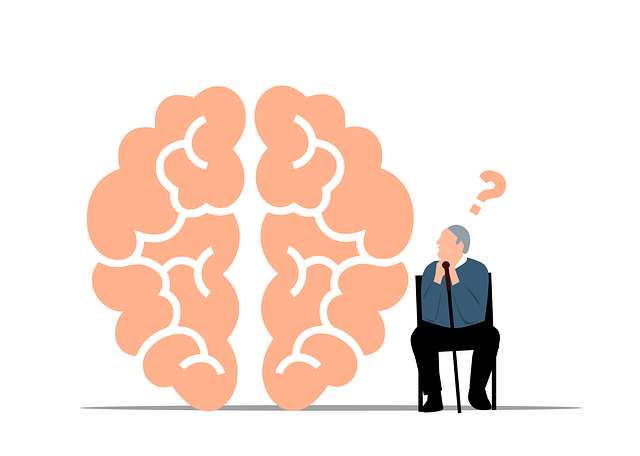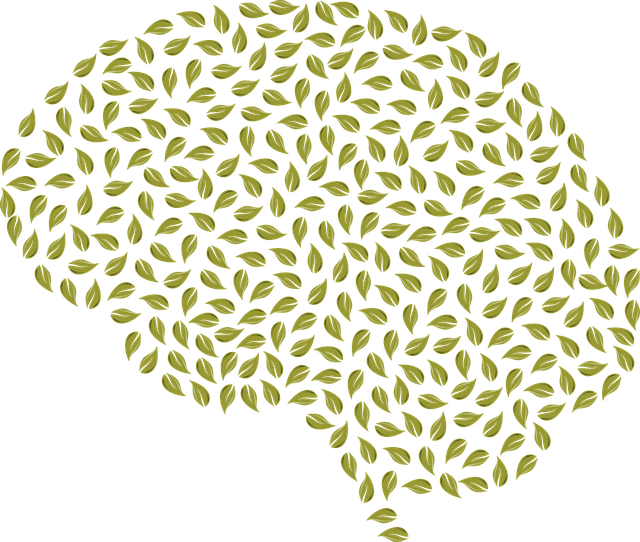Westminster Sexual Abuse Survivor Therapy (WSAT) emphasizes Social Skills Training as a powerful tool for addressing mental health conditions stemming from sexual abuse trauma. By focusing on communication, interpersonal interactions, crisis intervention, and mental health policy advocacy, WSAT helps survivors rebuild self-esteem, confidence, and social connections. Through tailored programs, mental wellness coaching, and stress management workshops, they empower individuals to cope with challenges, reclaim their lives, break free from trauma's cycle, and rebuild healthy relationships. WSAT integrates evidence-based practices like Compassion Cultivation, providing a holistic framework for long-term healing and resilience.
Social skills training is a powerful tool for improving mental health outcomes, especially for individuals facing conditions like anxiety, depression, or those who have experienced trauma or sexual abuse. This comprehensive guide explores the intricate link between social abilities and psychological well-being. We delve into specific challenges faced by survivors of trauma and sexual abuse, offering strategies to enhance their social interactions. Westminster Sexual Abuse Survivor Therapy is highlighted as a pioneering approach, providing valuable insights for therapists aiming to support clients in navigating social skills development.
- Understanding the Connection Between Social Skills and Mental Health
- The Impact of Trauma and Sexual Abuse on Social Interaction
- Identifying Challenges: Anxiety, Depression, and Social Isolation
- Effective Strategies for Building Social Skills in Therapy
- Westminster Sexual Abuse Survivor Therapy: A Comprehensive Approach
Understanding the Connection Between Social Skills and Mental Health

Social skills training plays a pivotal role in addressing mental health conditions, especially for survivors of traumatic events like sexual abuse. Westminster Sexual Abuse Survivor Therapy emphasizes that effective communication and interpersonal interactions are integral to one’s overall well-being. Mental health challenges can often stem from or be exacerbated by difficulties in social situations, leading to feelings of isolation and further distress.
Improving self-esteem and building confidence in social settings is a crucial component of therapy. Crisis intervention guidance teaches individuals coping mechanisms to navigate high-stress situations and enhances their ability to engage in meaningful conversations. Moreover, mental health policy analysis and advocacy help raise awareness about the importance of social skills training, pushing for better resources and support systems within communities.
The Impact of Trauma and Sexual Abuse on Social Interaction

Trauma and sexual abuse can profoundly impact an individual’s ability to engage in social interactions, leading to significant challenges in various aspects of life. These experiences often leave survivors with complex emotions and behaviors that hinder their connections with others. The effects can range from difficulty trusting people and forming intimate relationships to struggles in everyday conversations and group settings. Many survivors find themselves isolated, which can exacerbate existing mental health conditions and create a vicious cycle of social withdrawal and emotional distress.
Westminster Sexual Abuse Survivor Therapy emphasizes the importance of tailored support for these unique challenges. The organization offers specialized programs that focus on building and enhancing social skills, promoting healing, and fostering meaningful connections. Through mental wellness coaching and stress management workshops, survivors can learn coping strategies to navigate their experiences and improve their overall mental health awareness. These initiatives aim to empower individuals to reclaim their lives, break free from the cycle of trauma, and rebuild healthy relationships.
Identifying Challenges: Anxiety, Depression, and Social Isolation

Many individuals struggling with mental health conditions like anxiety, depression, and social isolation often face significant challenges in their daily lives. These conditions can make simple social interactions daunting, leading to withdrawal from society and further exacerbating feelings of loneliness. For instance, anxiety disorders may cause excessive worry and fear in social situations, while depression can result in a lack of interest or pleasure in activities, including those that involve others. As such, it’s crucial for individuals to understand their unique challenges and seek appropriate support.
Westminster Sexual Abuse Survivor Therapy offers specialized programs tailored to these specific needs. Through tailored interventions, clients can develop self-esteem improvement strategies to boost confidence in social settings. They also learn effective communication strategies to bridge gaps created by isolation and build meaningful connections. Furthermore, fostering inner strength development helps individuals confront their fears and take proactive steps towards reintegrating into social circles.
Effective Strategies for Building Social Skills in Therapy

Building social skills is a vital component of therapy for mental health conditions, particularly for survivors of sexual abuse like those seeking Westminster Sexual Abuse Survivor Therapy. Effective strategies in therapy should focus on creating safe and supportive environments to encourage practice and reinforcement. Role-playing scenarios can be powerful tools to help individuals navigate interpersonal interactions with confidence. Therapists can guide clients through various social situations, allowing them to express their thoughts and emotions in a controlled setting. This process facilitates the development of emotional regulation skills, such as mood management techniques, which are essential for handling distressing memories or triggers associated with sexual abuse.
Additionally, integrating Mind Over Matter principles can significantly enhance self-esteem improvement. Cognitive reframing exercises help individuals challenge negative beliefs about themselves and replace them with more positive affirmations. This promotes a sense of self-worth and empowers survivors to engage in social activities without fear of judgment or rejection. By combining these strategies, therapy sessions can offer a comprehensive approach to building resilience and fostering meaningful connections, ultimately contributing to improved mental well-being.
Westminster Sexual Abuse Survivor Therapy: A Comprehensive Approach

Westminster Sexual Abuse Survivor Therapy (WSAT) takes a comprehensive approach to support individuals who have experienced sexual abuse, offering specialized care tailored to their unique needs. This therapy goes beyond addressing the immediate trauma by focusing on long-term healing and resilience. WSAT integrates various evidence-based practices, such as Compassion Cultivation Practices, to foster empathy and self-compassion in survivors. By combining individual therapy sessions with group support, WSAT creates a safe space for sharing experiences and building social connections, which are crucial components of recovery.
In addition to direct therapy, WSAT promotes burnout prevention strategies for healthcare providers, ensuring that those who support survivors also have access to care. This holistic approach recognizes the interconnection between mental health policy analysis and advocacy, aiming to create a more supportive ecosystem for sexual abuse survivors. Through WSAT’s comprehensive framework, individuals can navigate their healing journey with empathy, understanding, and the tools necessary to thrive.
Social skills training is a powerful tool for improving mental health outcomes, especially for individuals who have experienced trauma or sexual abuse. By addressing challenges like anxiety, depression, and social isolation through evidence-based strategies, therapy can help survivors rebuild connections and reclaim their lives. Westminster Sexual Abuse Survivor Therapy (WSAST) stands out as a comprehensive approach that holistically addresses the complex needs of survivors, emphasizing the importance of social skills in healing and recovery. Through WSAST, individuals not only gain practical tools for navigating social interactions but also discover a supportive community that fosters growth and resilience.












